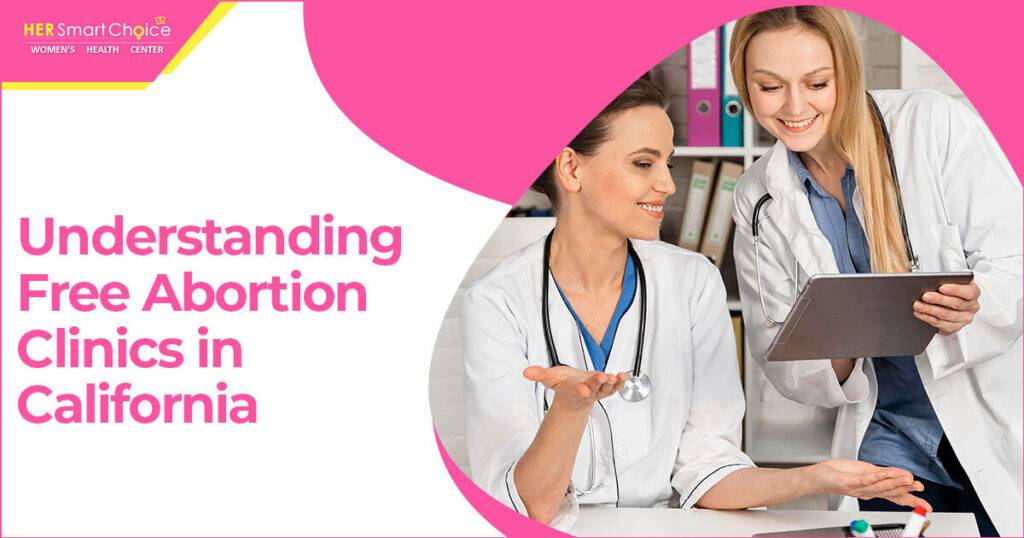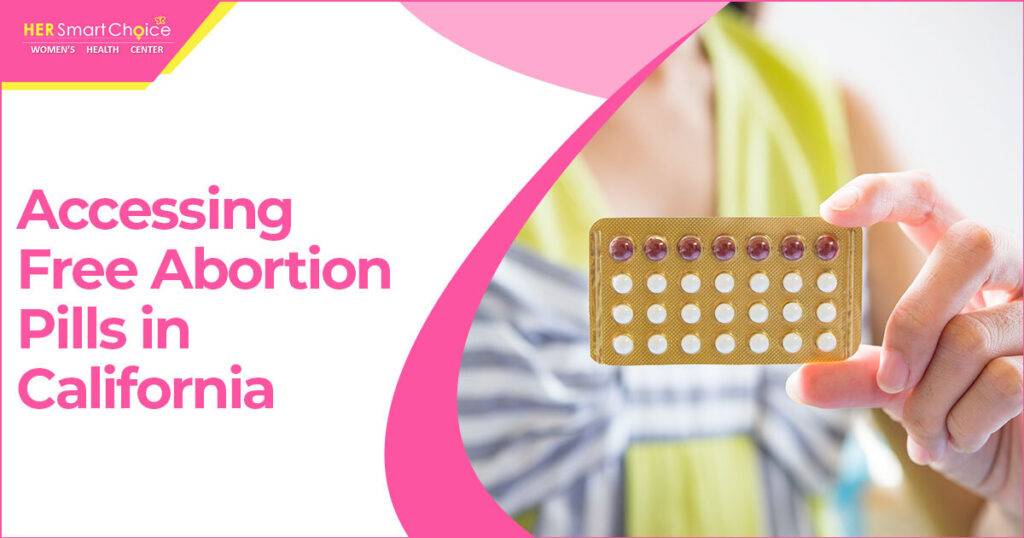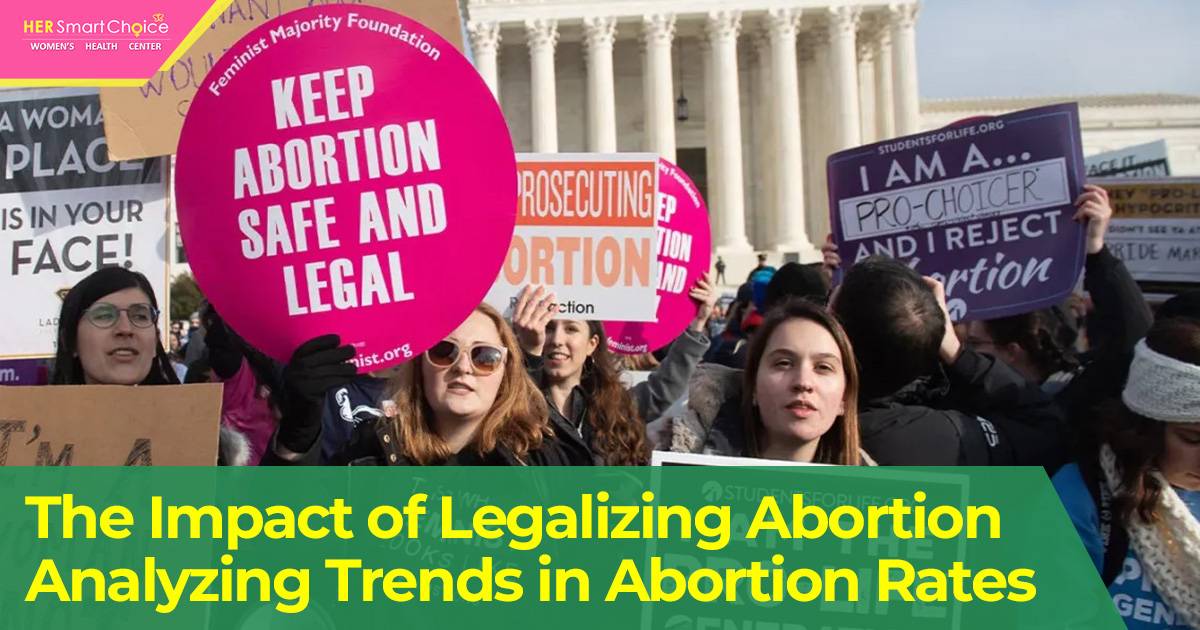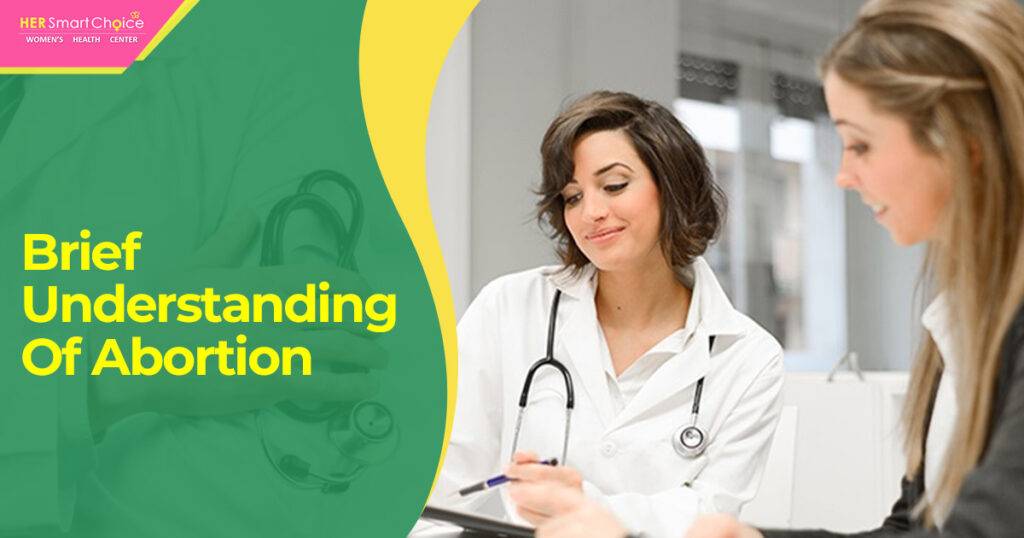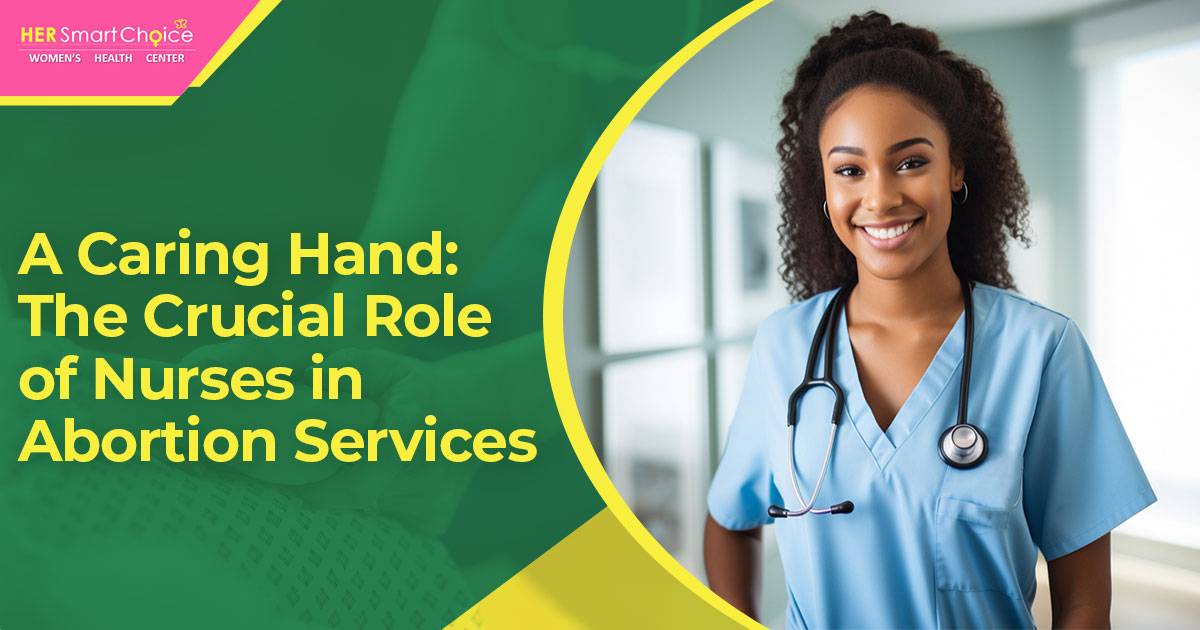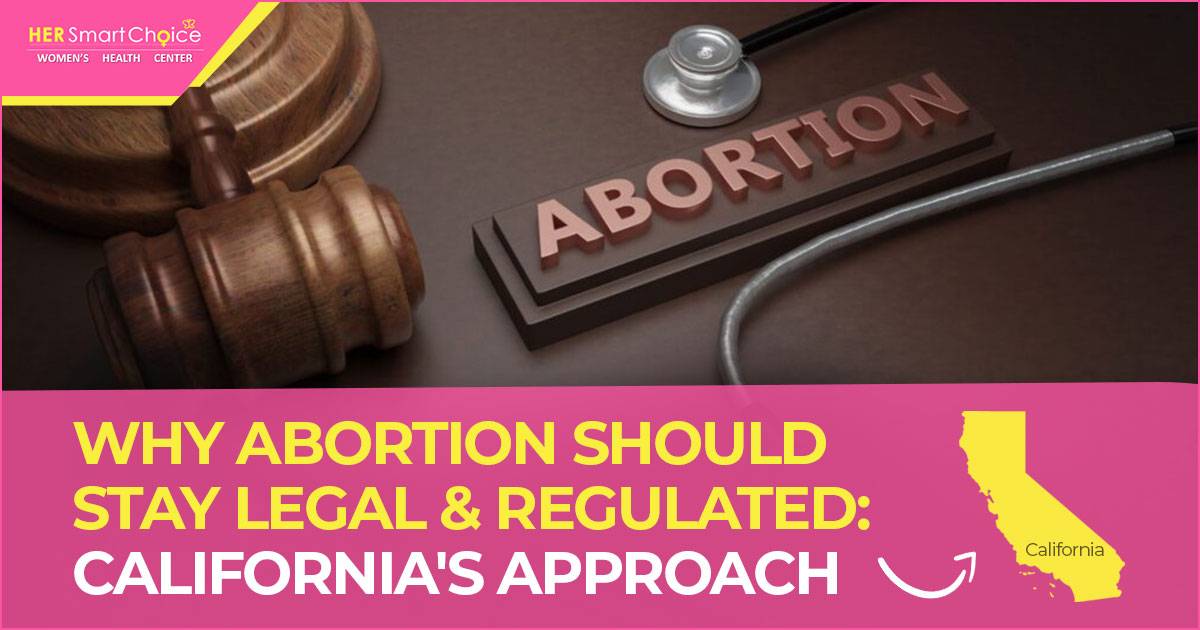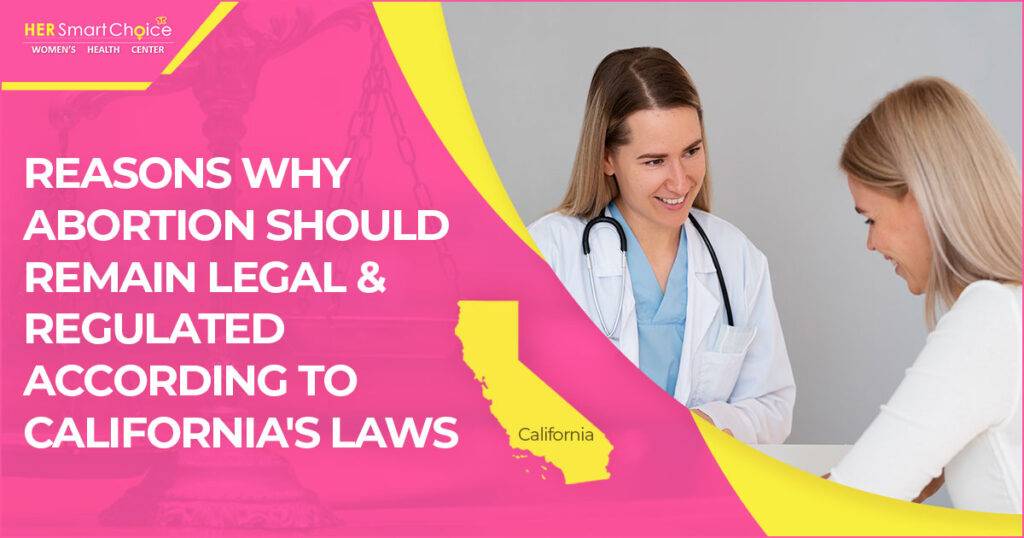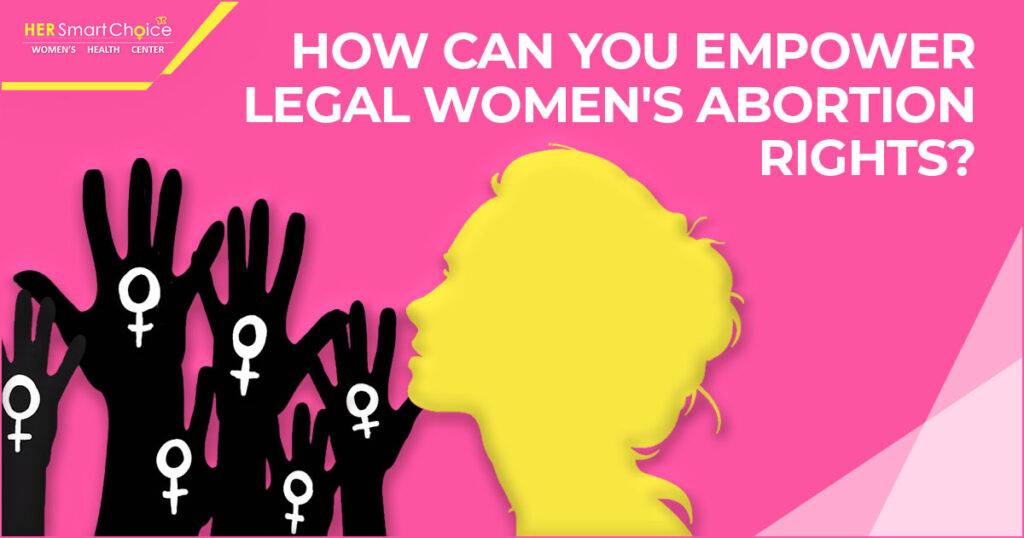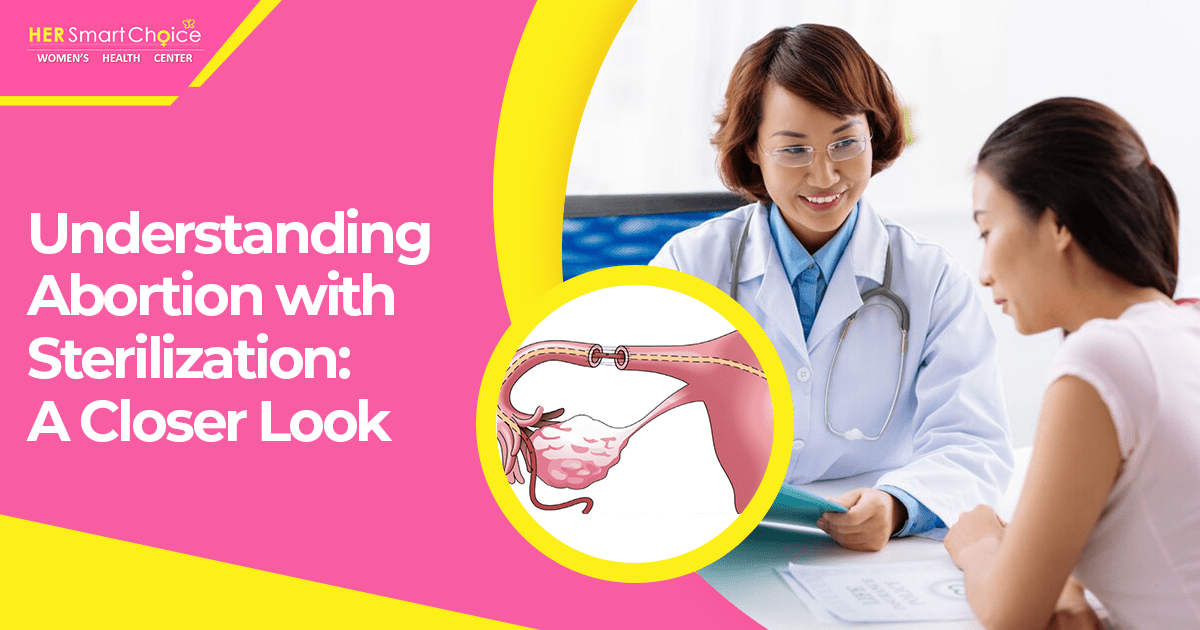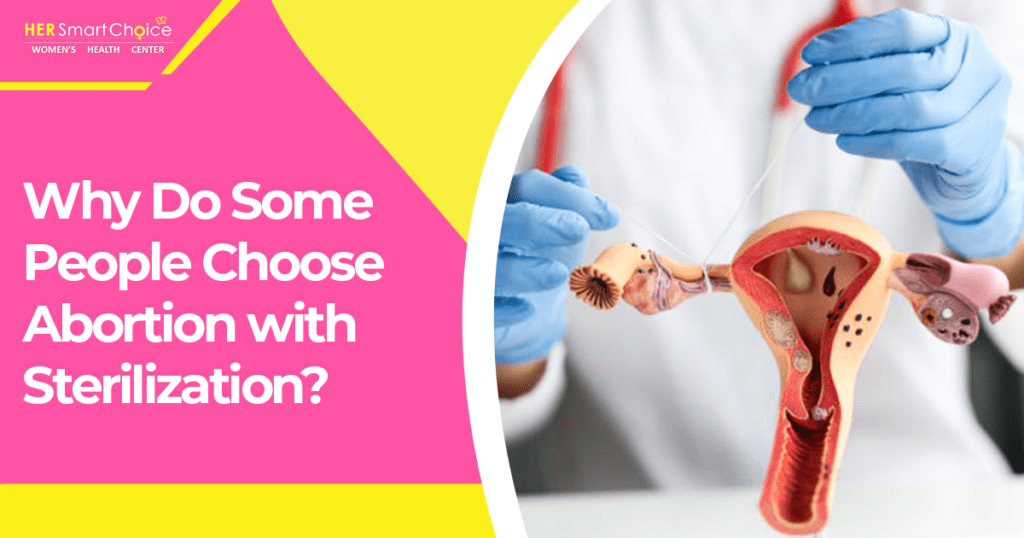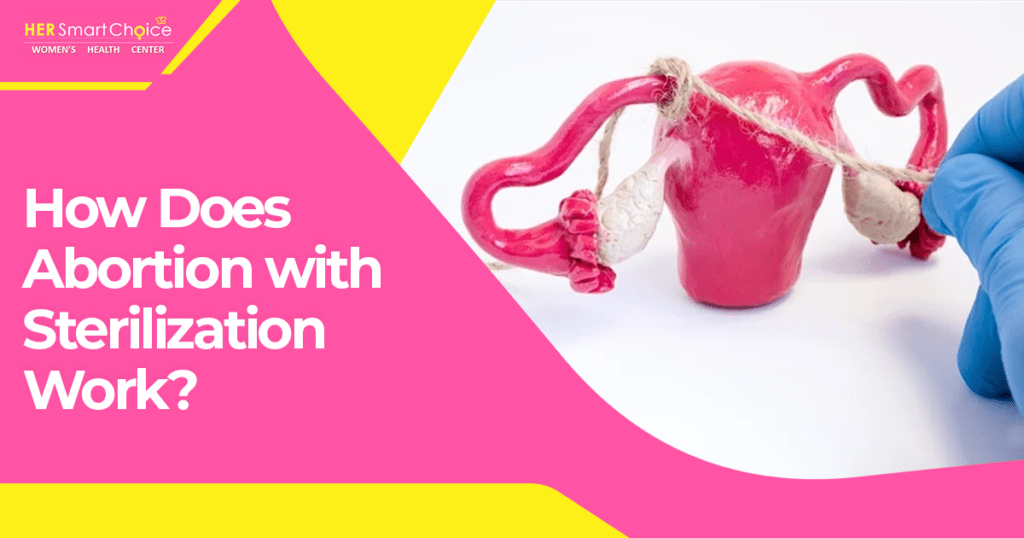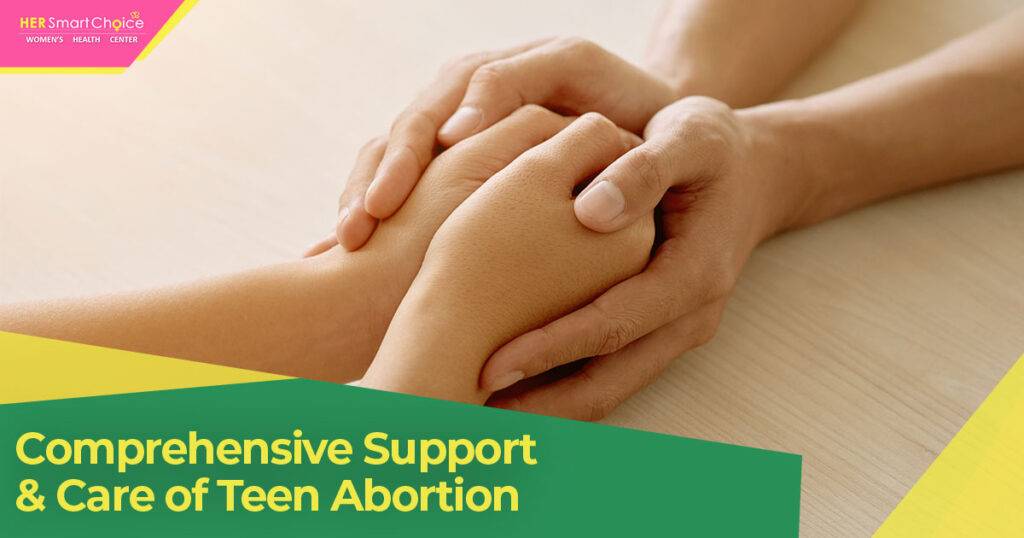What to do if you are 6 weeks pregnant and don’t want the baby?
Discovering that you’re pregnant when you’re not ready to become a parent can be overwhelming. If you find yourself in this situation, it’s essential to know that you have options. Let’s explore what you can do if you’re 6 weeks pregnant and don’t want to continue the pregnancy. Furthermore, you’ll get to know the two primary abortion options abortion if you are 6 weeks pregnant: the abortion pill and surgical abortion and provide information on accessing abortion services.
Pregnancy Options That You Must Know If You’re 6 weeks pregnant

Medication Abortion If You are 6 Weeks Pregnant
The abortion pill is a non-invasive abortion option for ending a pregnancy within the first 10 weeks. Here’s what you need to know:
How Abortion Pills Work?
How abortion pills work: Medication abortion involves taking two different medications. The first pill, mifepristone, is usually administered at a healthcare provider’s office. The first pill stops a hormone called progesterone, which the pregnancy needs to keep going. Then, you take another pill at home between 24 to 48 hours later. This second pill makes your uterus tighten and pushes out the pregnancy.
- Effectiveness: The abortion pill is highly effective, with a success rate of over 95% when used within the recommended time frame.
- Safety: When administered under medical supervision, the abortion pill is generally considered safe. However, it’s essential to follow your healthcare provider’s instructions carefully.
- Side effects: Common side effects may include bleeding, cramping, and nausea, which can last for several days.
- Location: The abortion pill is available through healthcare providers, clinics, and telemedicine services, depending on your location.
Surgical Abortion If You are 6 Weeks Pregnant
Surgical abortion is another safe and effective option for ending a pregnancy. It is typically performed in a healthcare facility. Here are the basics:
- Types: There are different types of surgical abortions, including aspiration (also known as suction or vacuum aspiration) and dilation and curettage (D&C). The type used depends on the gestational age of the pregnancy and your healthcare provider’s recommendation.
- Procedure: In aspiration abortion, a healthcare provider uses a suction device to remove the pregnancy from the uterus. In D&C, the pregnancy is removed using a suction device and a scraping tool. During these procedures, you might get numbed with medicine or given medicine to make you feel relaxed and sleepy.
- Effectiveness: The abortion pill is one of the highly effective abortion options, with a success rate of over 95% when used within the recommended time frame.
- Safety: When conducted by a trained healthcare provider in a reputable facility, surgical abortion is considered safe. Complications are rare but can include infection, excessive bleeding, or injury to the uterus.
- Recovery: Recovery time for surgical abortion is relatively short, and most people can resume their normal activities within a few days.
Accessing Abortion Services
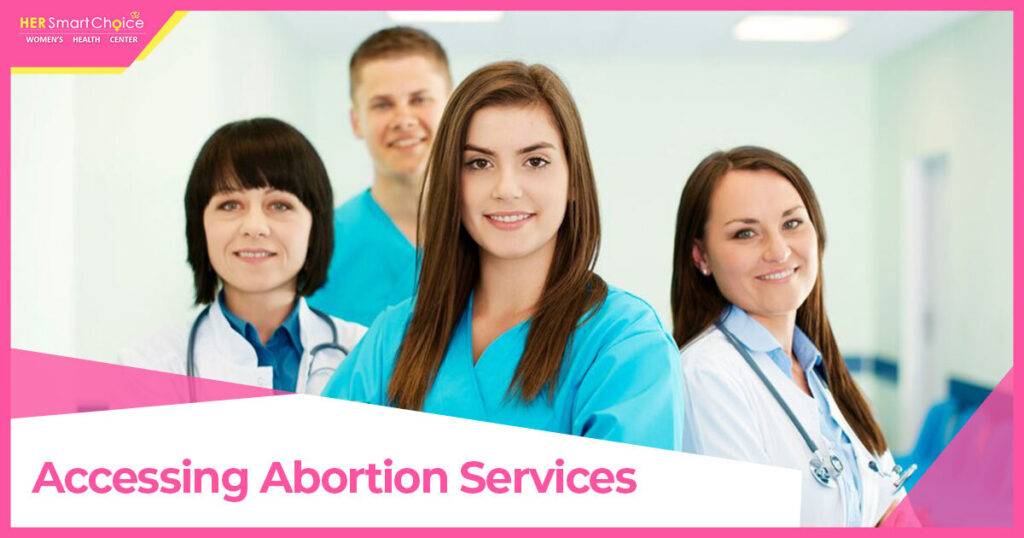
Now that you have an understanding of your options, it’s important to know how to access abortion services:
- Find a Healthcare Provider: The first step is to locate a healthcare provider or an abortion clinic. You can search online, call a reproductive health organization, or consult with your primary care provider for recommendations.
- Schedule an Appointment: Contact the chosen healthcare provider or clinic to schedule an appointment. They will guide you through the process and provide information on the specific procedures, costs, and what to expect.
- Consider Your Emotional Well-being: It’s normal to have mixed emotions about the decision to have an abortion. Consider reaching out to a counselor, therapist, or support group to help you cope with any emotional challenges you may face.
- Financial Assistance: If you’re concerned about the cost of the procedure, inquire about financial assistance programs or organizations that can help cover the expenses.
- Confidentiality: Rest assured that your privacy is protected. Healthcare providers are legally bound to maintain confidentiality regarding their reproductive choices.
Conclusion
Facing an unplanned pregnancy when you’re not ready to become a parent can be a difficult situation. However, it’s essential to know that you have options and support available to you. If you’re 6 weeks pregnant and don’t want to continue the pregnancy, you can choose between the abortion pill and surgical abortion, both of which are safe and effective methods when performed by trained healthcare providers.
Accessing abortion services is a personal decision, and you should take the time to consider what’s best for your unique circumstances. Reach out to healthcare providers, reproductive health organizations, or support groups for guidance and assistance, and remember that your choice is about your well-being and future.
Most Common Frequently Asked Questions
If you are 6 weeks pregnant and were unaware of your pregnancy, you can still access abortion services. At Her Smart Choice, we provide compassionate support and guidance to help you understand your options and make informed decisions about your reproductive health.
The risks of abortion at 6 weeks of pregnancy include potential complications such as infection, heavy bleeding, and incomplete abortion. However, these risks are generally low, especially when the procedure is performed by qualified healthcare professionals like those at Her Smart Choice.
Support is available if you are 6 weeks pregnant and do not wish to continue the pregnancy. At Her Smart Choice, we provide compassionate guidance, information on abortion options, and emotional support to help you make the best decision for your health and well-being.
If you are 6 weeks pregnant and do not wish to continue the pregnancy, your options include medication abortion or a surgical procedure. It’s important to consult with a healthcare provider to discuss the best choice for your situation and receive comprehensive support.
Abortion at 6 weeks of pregnancy can be performed safely. At Her Smart Choice, we offer both medication and surgical options, ensuring you receive personalized care in a confidential and supportive environment. Your health and well-being are our top priorities.




